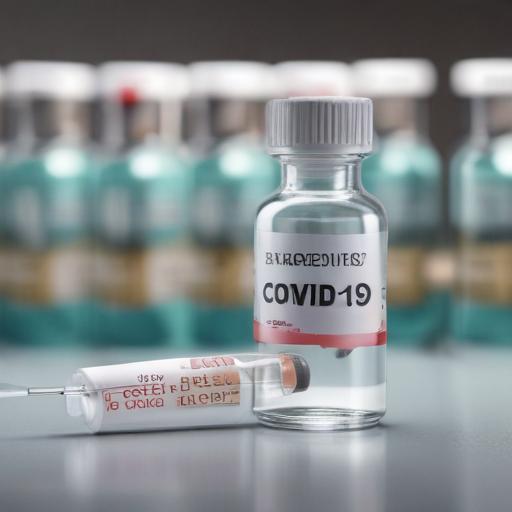The Food and Drug Administration’s (FDA) advisory committee has unanimously recommended updates to COVID-19 vaccines to target the rising strain of JN.1, during a recent meeting marking a notable shift since the Trump administration. This meeting aimed to provide guidance on selecting the appropriate strain for the upcoming year’s booster shots and to establish new rules that would restrict vaccine access primarily to those aged 65 and older and other high-risk groups.
Arnold Monto, a professor of epidemiology at the University of Michigan and chair of the committee, emphasized the importance of this action, stating, “We are asking for guidance to help the FDA decide what strain to select for going forward.” The recent policy changes include a reduced focus on aggressive booster shot strategies and the introduction of placebo-controlled trials for healthy individuals under 65 years of age.
FDA officials have stated that the aim of these new guidelines is to generate relevant information for the public regarding vaccine efficacy and safety. Since the COVID-19 pandemic began, over the last year, an estimated 30,000 to 50,000 people in the U.S. have died from the virus, with hospitalizations between 260,000 and 430,000, demonstrating that COVID-19 continues to pose a significant public health challenge, particularly among vulnerable populations.
Presently, the FDA has three approved COVID-19 vaccines: Pfizer-BioNTech, Moderna, and Novavax. However, new strains are emerging, such as the LP.8.1 subvariant, which accounted for 70% of cases in the U.S. as of early May. Experts noted that although the evolution of the virus has slowed, there remains a potential for new variants, as indicated by the identification of the BA.3.2 variant in South Africa.
While the current overall rates of COVID-19 hospitalization among children have decreased compared to previous seasons, the youngest age group continues to experience higher rates of hospitalizations. The cumulative burden of COVID-19 on the health system underscores the importance of adapting vaccine strategies to address the evolving nature of the virus.
This initiative represents a hopeful step toward managing COVID-19 more effectively as the FDA seeks to refine vaccine formulations and target emerging strains, further protecting public health as we continue to navigate through the pandemic.
